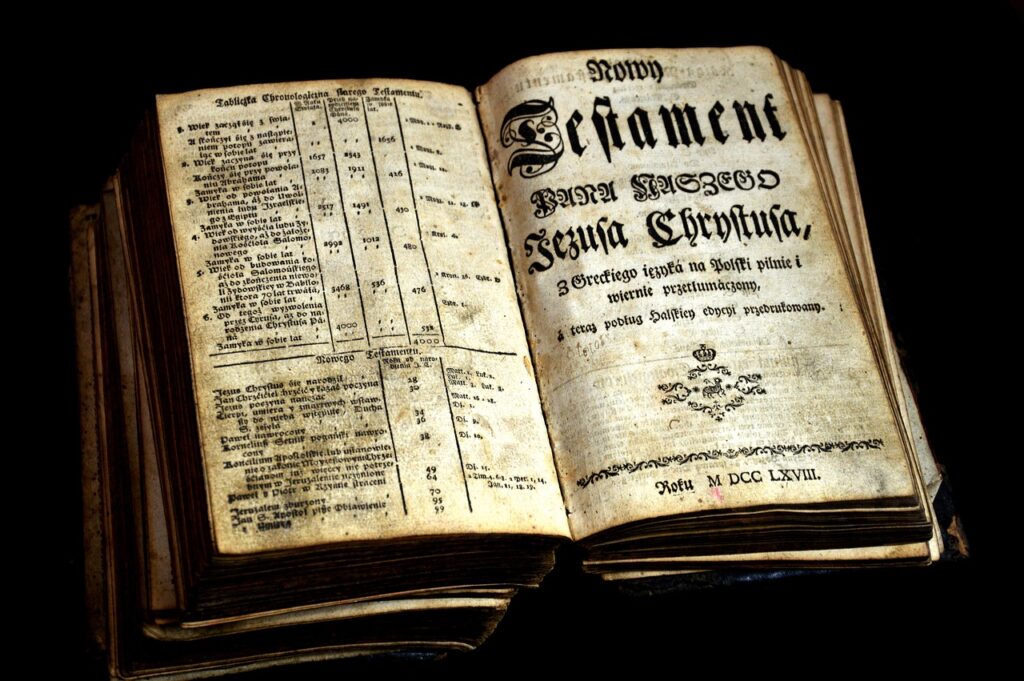The Message of Malachi
The Book of Malachi is the final book in the Old Testament and serves as a bridge between the Hebrew Scriptures and the New Testament. Written around 450–430 BCE, it presents a powerful message about God’s justice, faithfulness, and expectations for His people. Malachi addresses the spiritual decline of Israel and calls the people to return to God.
This book is structured as a series of disputes between God and the Israelites. The people question God’s love, justice, and expectations, while God responds with direct statements about their failures. Malachi highlights the corruption of the priests, the unfaithfulness of the people, and the coming judgment that will separate the righteous from the wicked.

The Great King
God presents Himself in Malachi as a sovereign king who demands honor and respect. He condemns the priests for offering defective sacrifices and treating worship as a burden. The people fail to give God their best offerings, and this reflects their disregard for His authority.
Malachi reminds Israel that God’s name will be great among the nations, even if they refuse to honor Him. The nations will recognize God’s power, and His covenant with Israel will remain in effect. Worship is not a ritual but an expression of devotion, and Malachi calls the people to restore their reverence for God.
As King, God Will Judge His Enemies
Malachi warns that judgment is coming for those who reject God’s commands. The people complain that evil prospers while the righteous suffer, but God assures them that justice will be served. The wicked will face destruction, and no one will escape His righteous judgment.
The corrupt priests and leaders are among those who will be punished. They have led the people astray by twisting God’s laws and failing to teach the truth. God does not tolerate spiritual complacency, and those who persist in their sins will face His wrath.
As King, God Will Reward His People
God does not forget those who remain faithful. Malachi describes a book of remembrance, where the names of the righteous are recorded. These individuals will be treated as God’s treasured possession. They will see the difference between the righteous and the wicked when God brings justice to the earth.
Malachi ends with a promise of restoration. A messenger will come to prepare the way for the Lord, bringing healing and renewal to those who honor God. This prophecy points to the arrival of John the Baptist, who would announce the coming of Jesus Christ.
The Message and Outline of Malachi
The Book of Malachi follows a structured format, addressing specific disputes between God and Israel. Each section contains a question from the people, followed by God’s response. The outline of Malachi includes:
- God’s Love for Israel – The people question whether God loves them, and He reminds them of His faithfulness to their ancestors.
- Corruption of the Priests – The priests dishonor God by offering defiled sacrifices and failing to teach the truth.
- Unfaithfulness in Marriage – The people break their marriage covenants, and God calls them to honor their commitments.
- God’s Justice – The people accuse God of favoring the wicked, but He declares that justice is coming.
- Robbing God Through Tithes – The people withhold their tithes, and God challenges them to test His faithfulness.
- The Book of Remembrance – God records the names of the righteous and promises to protect them.
- The Coming Messenger – A messenger will prepare the way for the Lord, bringing judgment and restoration.
Each section emphasizes the relationship between God and His people. The sins of Israel are exposed, but God’s mercy is also evident. Those who return to Him will experience blessings, while those who reject Him will face judgment.
Between Malachi and Jesus Christ: A Timeline
The period between Malachi and the birth of Jesus Christ spans about 400 years. This era, often called the Intertestamental Period, saw major political and cultural changes that shaped the world into which Jesus was born.
The Hellenistic Period
The Hellenistic Period began with the conquests of Alexander the Great in 331 BCE. Greek culture spread across the Middle East, influencing language, philosophy, and religion. Many Jews adopted Greek customs, while others resisted and clung to their traditions.
Greek rulers, especially the Seleucids, attempted to force Hellenistic practices on the Jewish people. This led to tensions and conflicts, as some Jews embraced Greek ways, while others fought to preserve their faith.
The Hasmonean Period
The Hasmonean Period started with the Maccabean Revolt in 167 BCE. A Jewish priest named Mattathias and his sons, led by Judas Maccabeus, rebelled against the Seleucid Empire. They successfully regained control of Jerusalem and rededicated the Temple, an event still celebrated as Hanukkah.
During this period, the Jewish people experienced political independence, but internal conflicts weakened their leadership. Different factions, such as the Pharisees and Sadducees, emerged with competing religious interpretations.
The Roman Period
In 63 BCE, the Roman general Pompey conquered Jerusalem, bringing Judea under Roman control. The Herodian dynasty ruled as client kings under Roman authority, with Herod the Great being the most well-known ruler. He expanded the Second Temple, making it a grand structure admired throughout the ancient world.
Under Roman rule, Jewish life became increasingly unstable. Heavy taxation, political corruption, and religious oppression led to growing unrest. This period set the stage for the arrival of Jesus Christ, who would challenge the religious authorities and bring a message of salvation and redemption.
Final Thoughts
The Book of Malachi serves as a warning and a promise. It addresses spiritual complacency, calls for faithfulness, and points toward a future where God’s justice will be fully revealed. The 400 years of silence between Malachi and Jesus were filled with political upheaval and religious struggles, but they also prepared the way for the coming of the Messiah.
